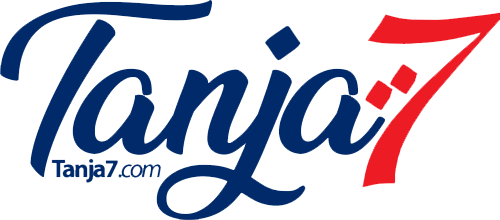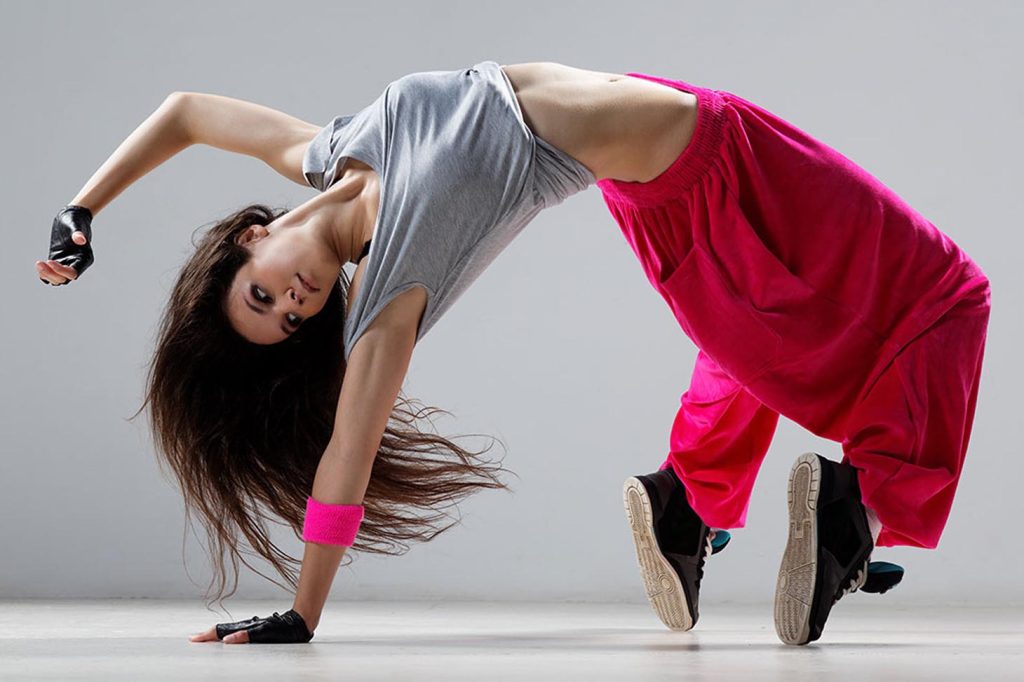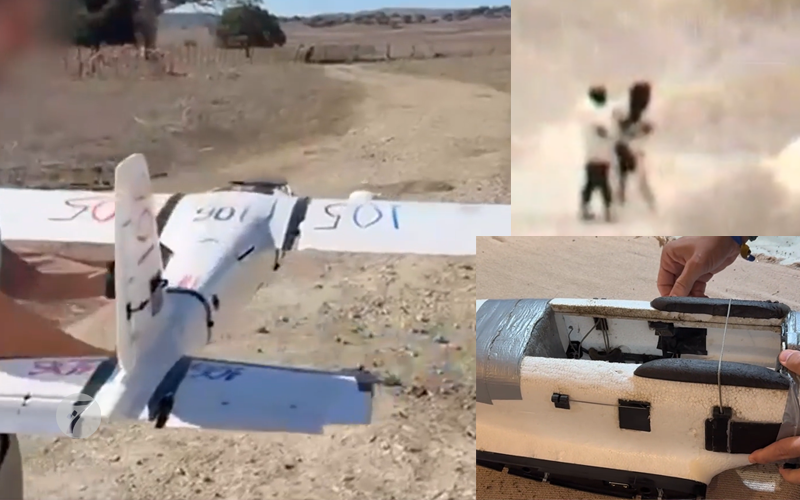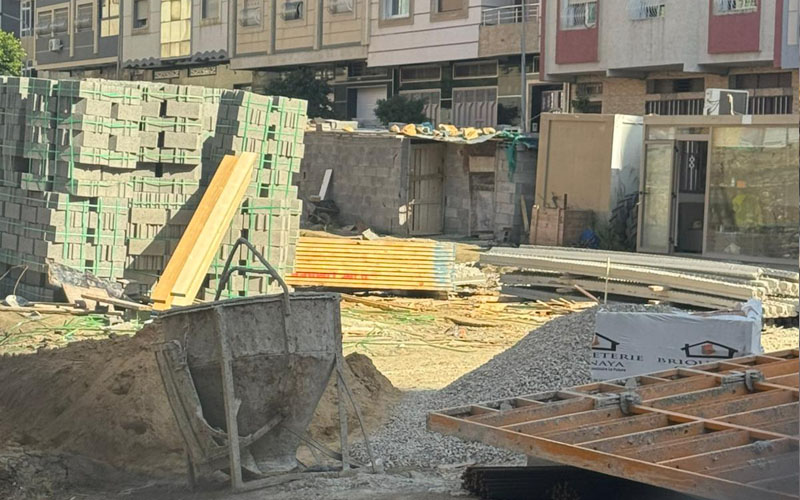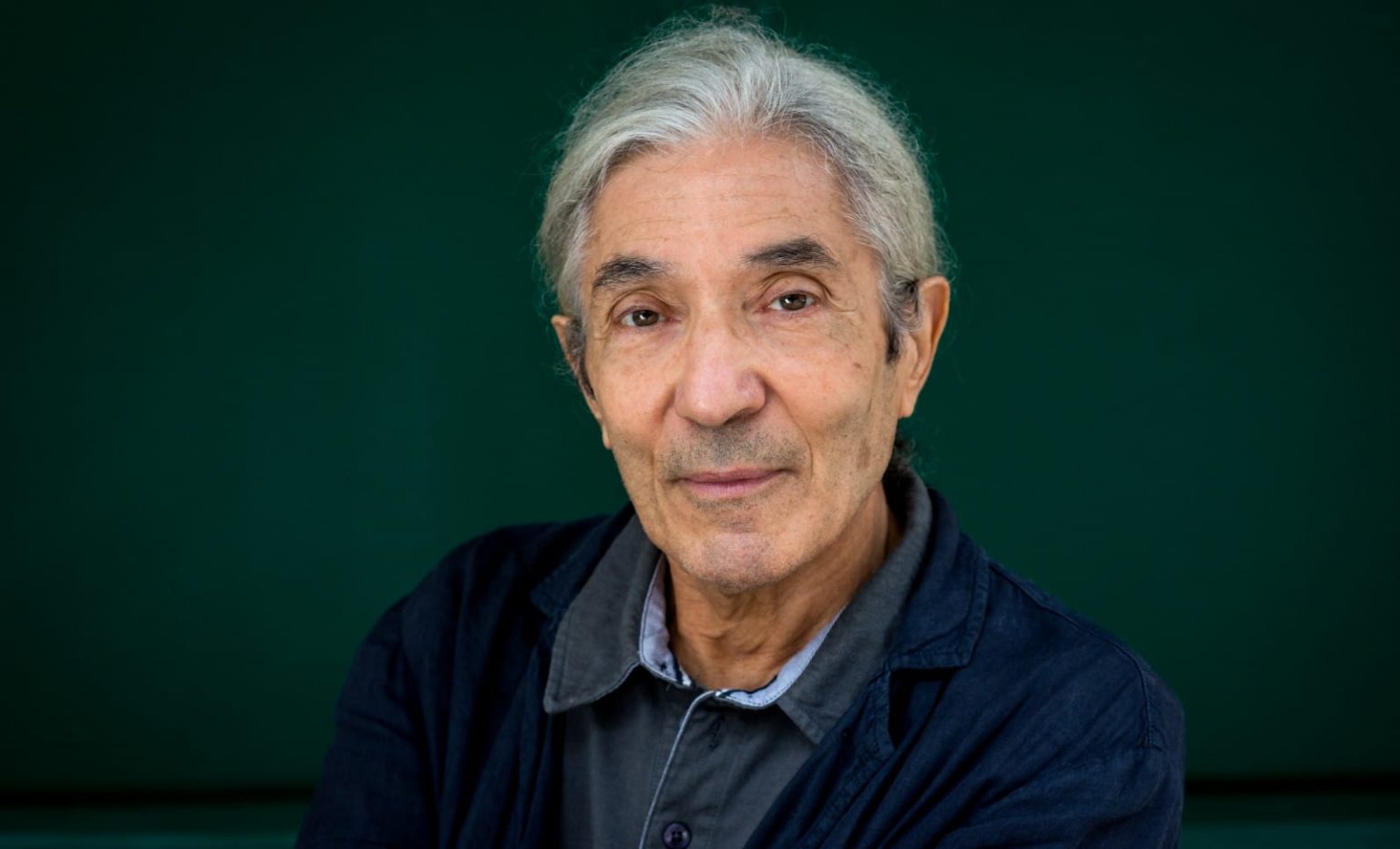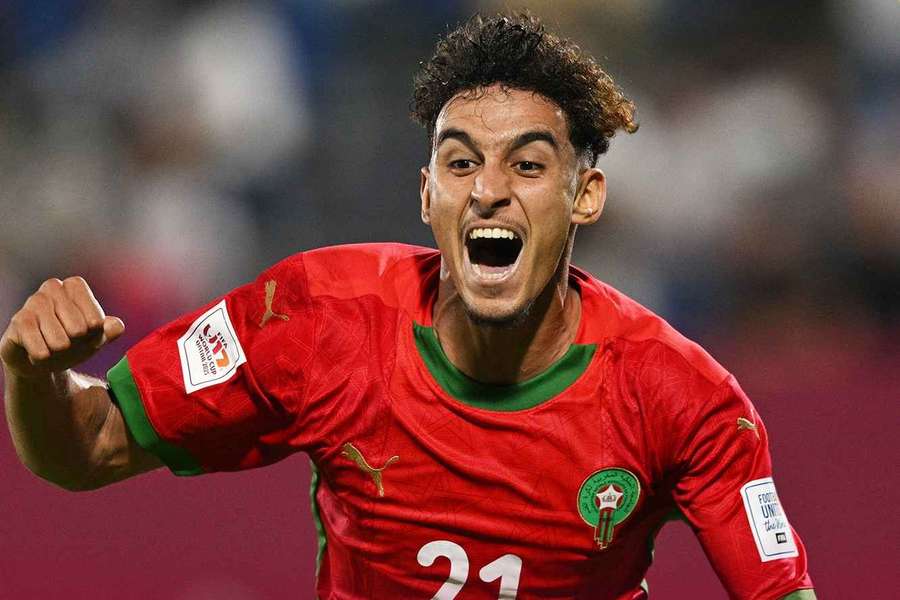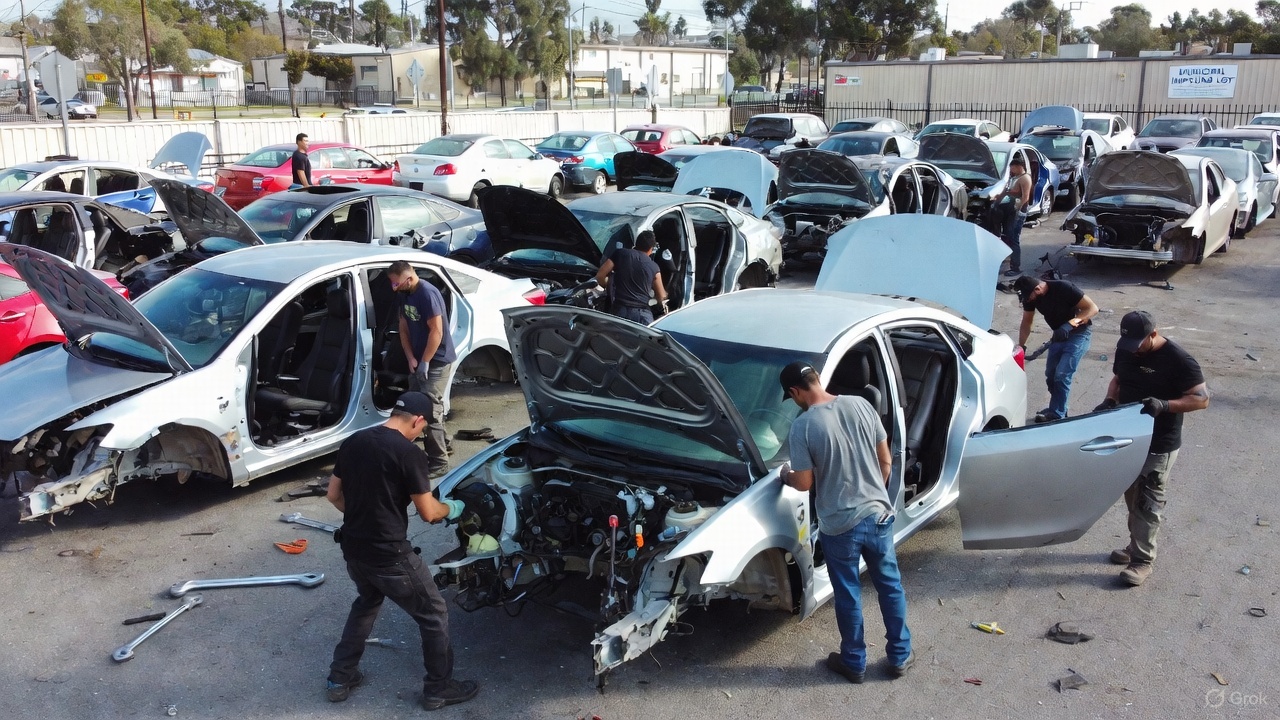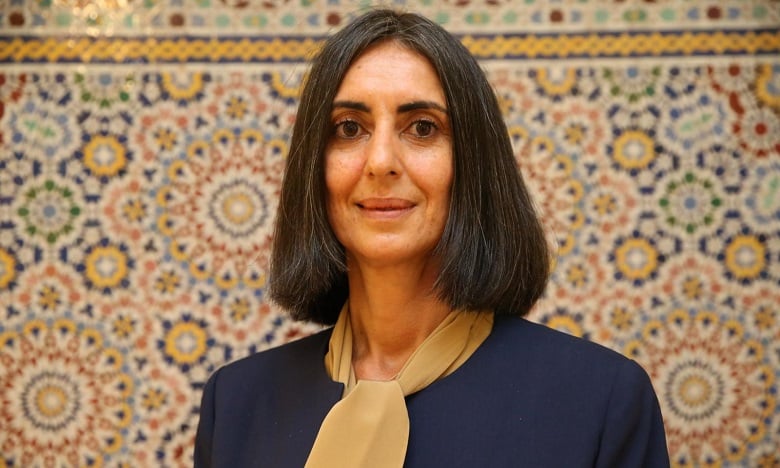A recent initiative in Morocco’s education sector to introduce “Hip Hop” and “Breakdance” into school curricula has sparked social and cultural debate. Proponents support the modernization of educational offerings, while conservatives express concerns about the potential impact of these Western dance styles on young generations.
The controversy began with a memo issued by the Ministry of National Education, Preschool, and Sports in May, which was directed at physical education teachers to prepare them for training in these dance forms, aiming to integrate them into regional and local curricula. However, participation in these classes remains optional for all students.
Abdel Salam Mili, Director of School Sports Development in the ministry, noted, “The idea originated from the Royal Moroccan Federation of Hip Hop and Aerobic Sports.” This federation, established in 1996, recognizes hip hop and breakdance as Olympic sports.
In an interview with Reuters, Mili revealed that a partnership was signed with this federation in 2021 to promote activities related to aerobics. He emphasized that breakdance has been recognized by the International Olympic Committee since 2018 and will be included in the Paris 2024 Olympic Games.
He added, “All sports, whether practiced in the street or in institutions, require educational and informational intervention.”
Mili remarked, “We are open to almost all sports, organizing 56 national championships in school sports. Every student has their choices, and our goal is to encourage students to engage in sports, whatever the type.”
Conversely, the new direction has faced criticism on social media and forums, with some perceiving these dance forms as associated with ‘hybrid behaviors’ that threaten Moroccan traditions and morals.
Hip hop originally emerged from Black neighborhoods in the United States in the 1970s as a form of expression from youth rejecting marginalization, racism, and poverty.
The rejection of hip hop by some traditionalist communities is often attributed to the daring clothing and movements associated with it, which they find excessive. Additionally, they associate it with street culture, given its origins.
As the debate over teaching hip hop and breakdance in schools intensified, a parliamentary inquiry was directed to Education Minister Mohamed Saad Barada.
The minister’s response in July did little to quell the controversy; he defended the ministry’s approach, stating that integrating these activities in school sports was to meet students’ interests, encouraging organized practice within schools and promoting the democratization of sports activities.
Some parliament members argued that there are more pressing priorities for the ministry to address regarding curriculum improvement and enhancing the educational process.
Hisham, a 34-year-old math teacher, expressed disappointment, stating, “I wish the ministry would increase classes in math, philosophy, and sciences,” emphasizing the need for simplification, especially in remote areas lagging in education.
He lamented, “Unfortunately, the government only considers education and modern curricula when it comes to secondary matters,” questioning, “If we must teach arts and sports, why not classical music or ballet instead of street art?”
Art critic Mustafa Talib expressed surprise at the ministry’s decision to include hip hop, recalling a controversial incident when Moroccan rapper “Ghandi Toot” performed at the Mawazine Festival, which sparked widespread criticism due to perceived inappropriate content.
Talib noted that the Moroccan High Authority for Audiovisual Communication (HACA) dismissed over 190 complaints against the channel broadcasting the performance, stating that the independent Moroccan model upholds freedom of expression without policing creativity.
He remarked, “It’s unfortunate to witness public channels normalize rap while the Ministry of Education makes the bizarre decision to include hip hop and breakdance in school sports activities.”
Talib suggested that, while sports promote discipline and cooperation, hip hop does not fit purely into either category, posing educational and athletic dilemmas.
He expressed hope the ministry would consider including martial arts or self-defense sports, which teach discipline and respect, or assist students in showcasing their musical talents.
He questioned, “Why not teach authentic Moroccan dance forms like Ahwash or Ahidous that combine dance with physical structure while preserving Moroccan identity?”
Regarding parental perspectives, Nour Eddine Akkouri, head of the National Federation of Parents and Guardians of Students, stated that the decision rests with families since the classes are not compulsory. He asserted that families observing their children showing interest in these activities should have the right to enroll them.
He concluded, “Moroccan society consists of conservative and open-minded groups, each entitled to their choices. Ultimately, this pertains to families.”
Source


